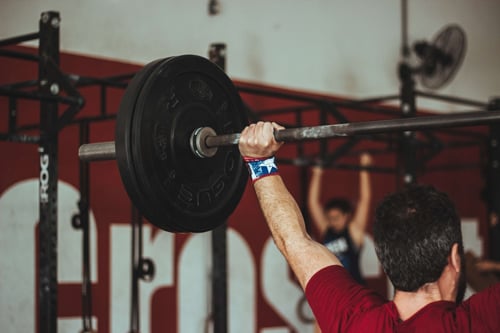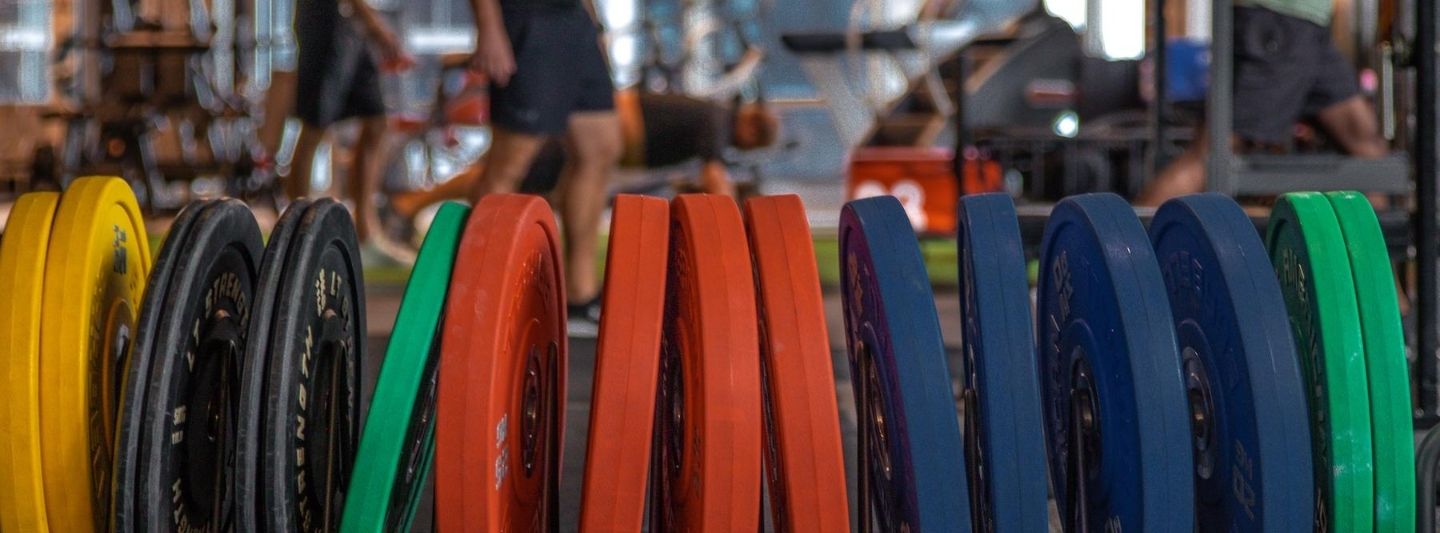Strength training is a popular choice of exercise among many because of the vast benefits that it presents both physically and mentally. Like with many other sports, however, it’s important to be aware of the factors that can put you at risk of any injury from it.
Due to the anatomy of the shoulder joint being a ball-in-socket joint, there is more mobility and reduced stability which increases its risk for injury. While we can’t change the anatomy of the joint, we can modify the predisposing causes to reduce the risk of shoulder injuries. In this article, Dass from PhysioDass Spine & Sports Rehab shares the common causes of shoulder injuries in weightlifters and some tips for lifting safe and injury-free!
Common Shoulder Injuries & Symptoms
Rotator cuff injury, impingement, glenoid labrum injury, dislocation, and shoulder instability are amongst the most common shoulder injuries that occur from gym workouts.
Symptoms of a potential shoulder injury include:
-
Dull ache/pain with or without shoulder movements
-
Sharp pain upon pressing over the area
-
Swelling
-
Weakness
-
Morning stiffness
-
Pain during and post-workout
-
Pain when sleeping on the shoulder
If you’re experiencing any of these symptoms, it’s advised to consult a Doctor or Physiotherapist for a proper diagnosis.
Causes of Shoulder Injuries & How to Prevent Them
Improper Technique

Some of the common weightlifting exercises that cause shoulder injury include military press (overhead press), dips, and bench press. While these are only some of the most common, practicing proper and safe technique is important when performing any exercise.
Lifting with improper technique can cause excessive pressure to be applied to the joints and muscles which can lead to injury. Continued practice of bad technique can further exacerbate symptoms of injury and result in more serious conditions over time.
Getting your technique right from the very beginning ensures that you hammer down safe lifting habits as you progress as a lifter. That said, particularly if you’re just starting out with weight training, working with a professional coach or trainer to advise you on form can prevent injury from improper technique in the short and long-term.
Intensity
Performing exercises at a level of intensity that is overbearing for your body can result in lifting with improper form or technique, ultimately putting you at greater risk of injuring yourself. Experiencing any pain during or after a workout is a signal from the body that the intensity level of your workout is overloading the shoulder.
If you’re a beginner starting on a new workout programme or making a come-back from not having done weight training in a while, ease into your programme by gradually building up the intensity of your exercises over time. As you develop your abilities in specific movements, you’ll be able to safely increase the intensity of your training, safely.
Frequency
Following a programme that ensures you’re not overtraining certain muscle groups in any given period of time is key to prevent injury.
The appropriate frequency that one should exercise varies from person to person, and typically the most effective plan would require a professional to assess an individual’s capacity and goals. However, as general advice, a newbie weightlifter can focus on each muscle group at least twice with 24 to 48 hours of rest between each session.
Muscle Fatigue
Muscle fatigue occurs when there’s a decreased ability to perform a specific movement or activity over time. While muscle fatigue can be a result of specific medical conditions, it’s also associated with factors including the intensity of workouts, frequency and insufficient rest to name a few.
Preventing overload of the shoulders during a workout, incorporating a good diet plan and training program as well as establishing a good balance between training and recovery is important to prevent the onset of muscle fatigue.
Experiencing any pain or discomfort during a workout shouldn’t be taken lightly. If pain persists for more than a week or gets aggravated with gym workouts or daily activities, please consult a medical professional to get a medical diagnosis.
To get in touch with PhysioDass to book an appointment today.
Contributor:

PhysioDass specializes in bone, joint, and muscle injuries - including shoulder injuries.
He has over 10 years of combined experience treating orthopedic and sports injuries. PhysioDass uses an evidence-based rehabilitation approach, to safely return the individual back to their strength training/sports/daily activities through treatment methods that include physical therapy and activity modification.



